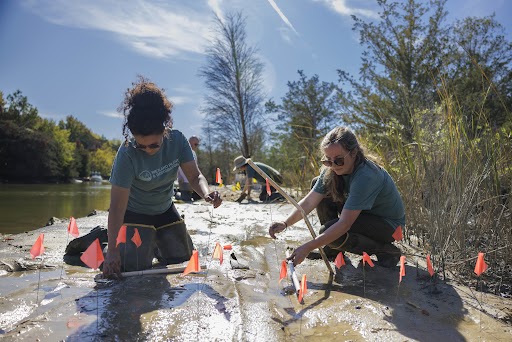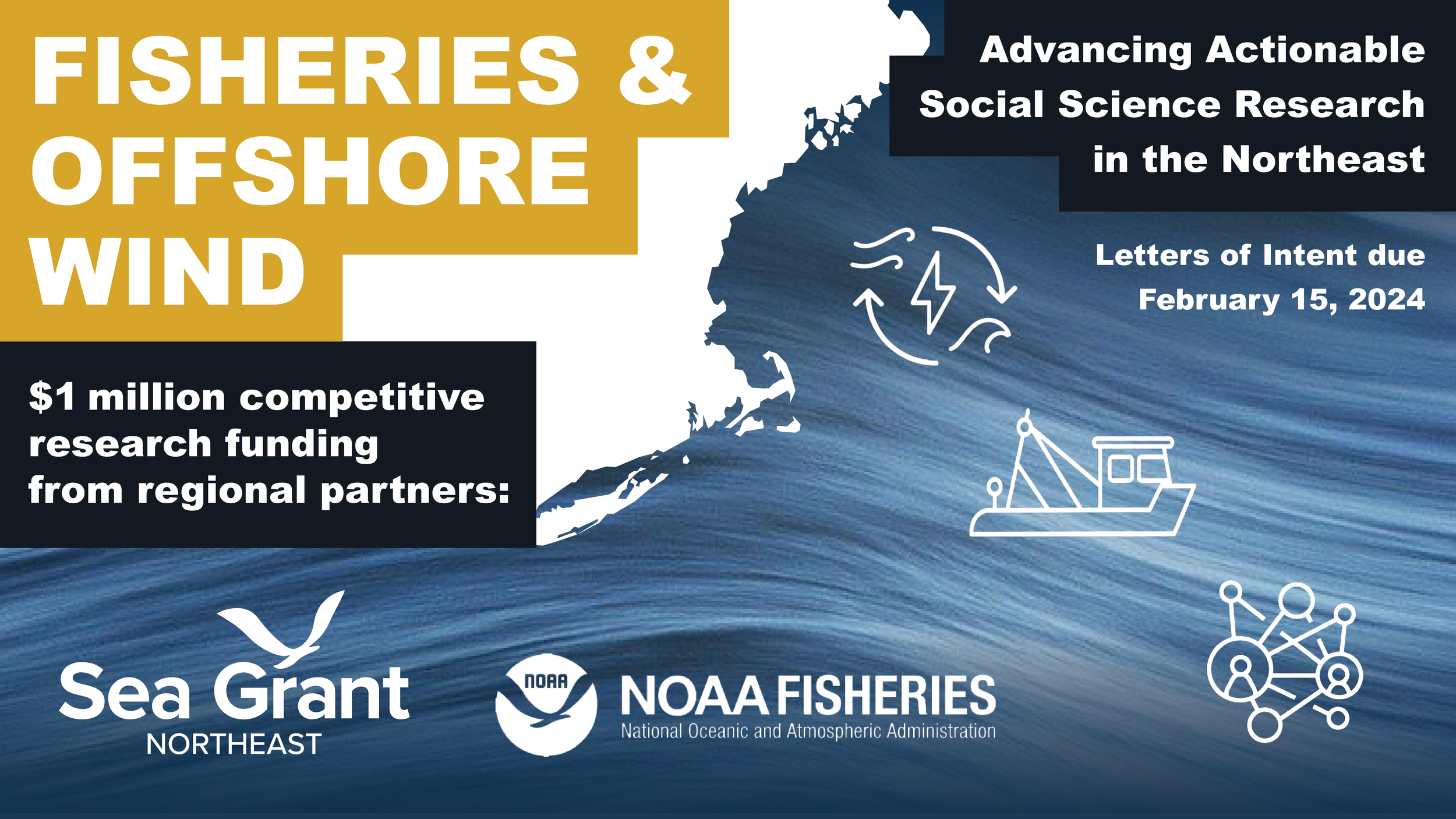A new pilot program helps shrimpers certify the proper use of turtle exclusion devices
By Melissa Gaskill, Texas Sea Grant
Incidental capture in commercial and artisanal fisheries represents a serious threat to sea turtles in the Gulf of Mexico, particularly Northwest Atlantic loggerheads. Turtle excluder devices, known as TEDs, reduce sea turtle deaths in shrimp trawls — but only when made and operated properly.
Texas Sea Grant, with funding from the National Fish and Wildlife Foundation (NFWF), has launched a pilot program to help shrimpers correctly install and operate TEDs and to develop a process to certify those that do. This vessel certification will help consumers choose “turtle-safe” wild-caught Gulf shrimp at their local supermarkets.
Several major shrimp buyers already request proof of compliance from their suppliers. “That makes this a valuable certification for shrimp fishermen in Texas and the Gulf states, because it helps provide them with access to those markets,” says Dr. Pamela Plotkin, Director of Texas Sea Grant. “This program benefits shrimp fishermen, it benefits consumers, and it benefits sea turtles. It’s a win, win, win for everyone.”
Texas Sea Grant Marine Fisheries Specialist Gary Graham and Cameron County Coastal and Marine Resources Agent Tony Reisinger work one-on-one with shrimp fishermen at docks and aboard vessels all along the Gulf Coast to teach correct installation, operation, and maintenance of TEDs. They will issue an inspection form to vessels in compliance with TED regulations and, for those not in compliance, offer on-the-spot assistance to correct any deficiencies. Those vessels will be re-examined as soon as possible after modifications are completed. Certified vessels will be re-evaluated once a year to ensure they remain in compliance.
Issues can include TED construction, net angle, escape opening size, flotation, and flap construction. “Most of the time, we just find minor problems,” Graham says. “Certain problems we find don’t necessarily represent a danger to sea turtles but can cost fishermen some of their catch.”
Texas Sea Grant has more than 20 years of experience working with this industry and enjoys a good relationship with shrimp fishermen. “Because we’re not a regulatory agency, when we send people to the docks, the people in the industry trust them,” Plotkin says. “That trust is important to being able to help the industry remain in compliance.”
The hands-on assistance is very helpful, says Andrea Hance, Executive Director of the Texas Shrimp Association and co-owner of Miss Opal Inc. shrimp boats. “It is important to make the public aware that as an industry, we are doing everything we can to ensure we’re not endangering turtles. The certification will definitely help.”
Consumers are demanding sustainability, Plotkin adds. “Suppliers can use the certification to inform their purchasing and we can use it to continue to provide a superior product, which I think Gulf shrimp is, that is harvested in an environmentally friendly way.”
The Northwest Atlantic loggerhead is particularly vulnerable to incidental capture because the shrimp season in the Gulf of Mexico overlaps with its presence in these fishing grounds. But other sea turtle species will benefit from the program as well.


